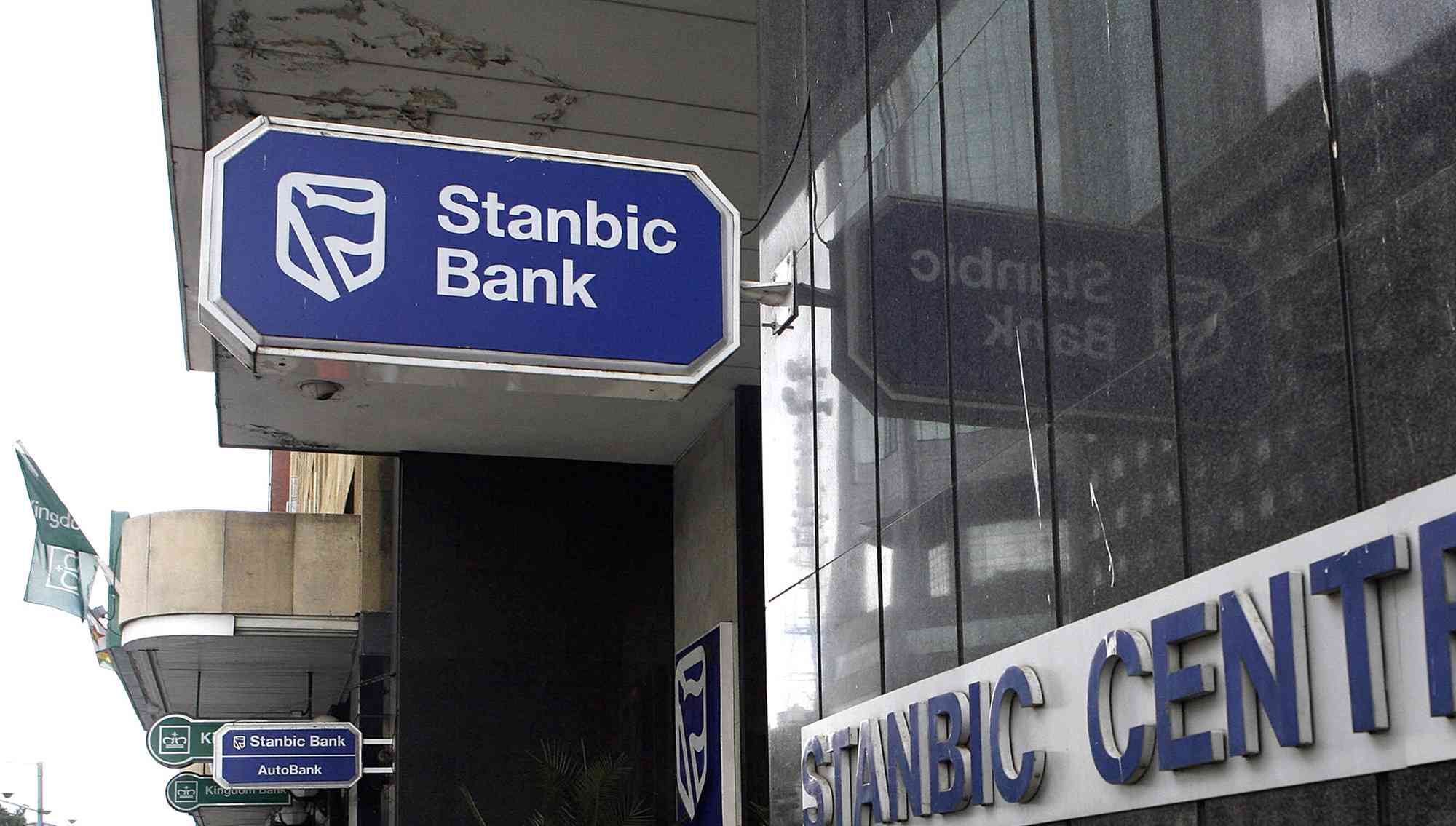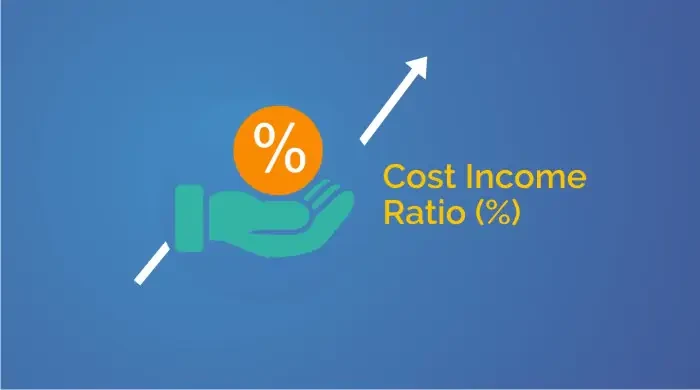
BRUSSELS — Euro zone inflation fell faster than expected in September to its lowest since February 2010, signalling that the European Central Bank (ECB)can maintain its loose monetary policy to help the bloc’s recovery.
Reuters
Consumer prices in the 17 countries using the euro edged down to 1,1% in September from 1,3% in August, slightly below market expectations of 1,2%, the European Union’s statistics office Eurostat said yesterday.
“We see no inflation risks,” said Christoph Weil, a European economist at Commerzbank. “There is no reason for the ECB to act on inflation. It can stay with its expansionary policy.”
The ECB will hold its rate-setting meeting in Paris tomorrow and is expected to keep interest rates at a record low and leave them that way for an extended period or possibly deliver another cut if warranted.
The Euro zone’s September reading is well below the ECB’s target of close to but below 2% and the bank expects inflation for all of 2013 to be between 1,4% and 1,6%. That is in line with economists’ expectations.
September’s fall was mainly due to energy prices, which slid 0,9% on the year, while rises in the price of food, alcohol and tobacco products slowed significantly to 2,6% from 3,2% in August.
The Euro zone emerged from its longest-ever recession in the second quarter and while growth is expected to gradually return to the bloc following its deep crisis, indebted consumers are in no mood to spend and push up price inflation.
- Chamisa under fire over US$120K donation
- Mavhunga puts DeMbare into Chibuku quarterfinals
- Pension funds bet on Cabora Bassa oilfields
- Councils defy govt fire tender directive
Keep Reading
The bloc’s weaker economies, struggling with record joblessness and spending cuts, have seen a big drop in the rate of inflation this year, while Greece is facing deflation.
In Spain, consumer price inflation fell to its lowest in almost four years in August on fading effects of last year’s sales tax hike, while other data showed there was no sign of an improvement in the consumer mood.
Even in Germany, Europe’s largest economy, inflation decelerated to 1,4% in September, appearing to pose no risks to ECB’s expansive monetary policy.
“Against this backdrop, we would expect ECB president Mario Draghi to reaffirm tomorrow the ECB’s commitment to keep interest rates at record lows for an extended period,” said Martin van Vliet, an economist at ING.











